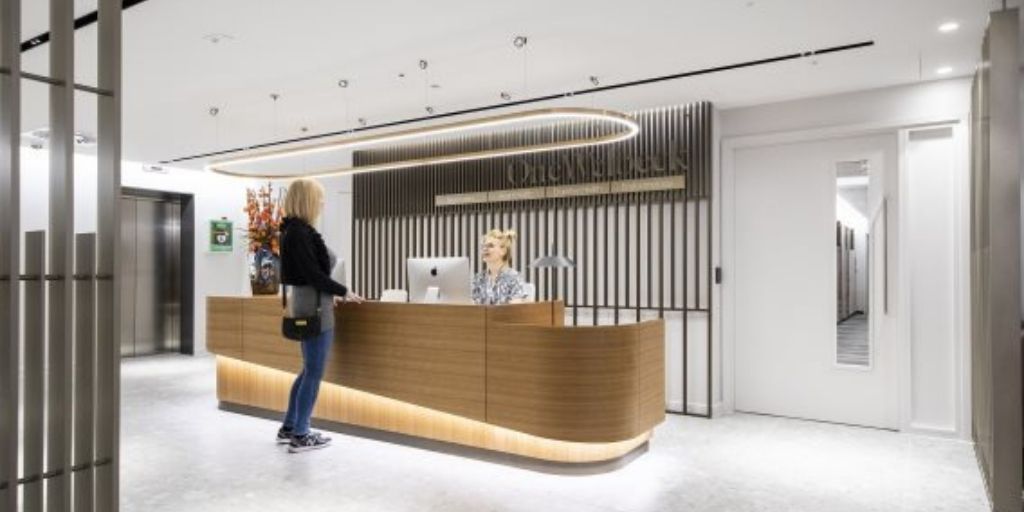
As part of lockdown efforts to stop the spread of COVID19, and concerns about the risks of so called aerosol-generating procedures many diagnostic services were shut down during the first half of 2020. The impact this has had on bowel cancer diagnoses has been significant. Suspension of bowel cancer screening colonoscopies for several months last year and a peak drop of 63% in GP referrals of symptomatic patient have resulted in an increased number of people now living with an undiagnosed bowel cancer. It’s currently estimated that, since March 2020, over a million bowel cancer screening invitations have not been sent out. In combination this has resulted in 3,500 undiagnosed bowel cancer cases and 4,000 cases of undetected precancerous polyps in the UK. “There’s a real worry amongst medical professionals about where these lost cancers are,” commented Sarah Mills – a leading Consultant Colorectal Surgeon at OneWelbeck Digestive Surgery. “It is possible that some of these people with undiagnosed bowel cancer have been absorbed into the excess Covid mortality data and died without ever presenting to hospital.”
The worry moving forward, she says, is that people who’ve been ignoring symptoms for the last year will then present with later-stage cancers that are harder to treat and have a worse prognosis “Currently 24% of bowel cancer cases present as emergencies but this is already starting to rise following the delays and cancellations from last year.”
Bowel cancer – the facts
Bowel cancer remains the fourth most common cancer in the UK and the second biggest killer but is also one of the most treatable cancers there is. The key to curing it, says Miss Mills, is early diagnosis. “1 in 20 people have polyps that, if removed, can help prevent the development of bowel cancer.”
Typically in England, Wales and Northern Ireland, people over the age of 60 are invited for a bowel cancer screening. Due to the increasing number of cases in young people, though, as of April 2021, NHS England has lowered this to 50.
Your questions answered
Following a year of lifestyle upheaval and postponed health check-ups, Miss Mills kindly answered some of the most common questions about getting a bowel cancer screening post-lockdown.
Lots of people’s health and bodies have changed over the last year. How can you tell if symptoms are just due to a lockdown lifestyle change or down to something more serious, like bowel cancer?
“It’s true that bowel cancer has several symptoms that could be explained by something else. The five main symptoms are: persistent changes in bowel habits, unexplained weight loss, blood in the stool, persistent abdominal pain/mass and/ or weakness and fatigue. Worryingly a recent study suggested 40% of people in the UK are unaware of the symptoms of bowel cancer. My advice would be, any symptoms lasting more than two weeks, should be investigated by a doctor. You can request at FIT test, a stool test which will indicate your likelihood of having a bowel cancer.”
What are the steps to requesting a colonoscopy?
“At OneWelbeck can request either a virtual or face-to-face consultation, which will then, if necessary, lead to a screening investigation. A face-to-face one is usually more useful as an basic clinical examination can be performed there and then. If required a colonoscopy can then be arranged within a week. This will show up any cancers or polyps immediately and biopsy results are available within another week.
“It’s also possible to request an at-home testing kit, a service which OneWelbeck also offers.”
I’m too young to be invited for a screening – can I still get tested?
“Yes you can but you’ll have to request it. 2,500 people under the age of 50 are diagnosed with bowel cancer each year and this is increasing – it’s already up 45% since 2004. 60% of young people with bowel cancer present with late stage disease, which only has a 10% survival rate. If you’re worried or someone else in your family has had bowel cancer, my advice would be to keep an eye on your bowel habits and if you have any of the typical symptoms, go to your doctor immediately and request a test.”
In her closing comments, Miss Mills addressed the current concerns some people have about requesting appointments. “People might feel like they don’t want to bother doctors at the moment or have concerns about attending hospitals for tests but remember that your health is still very important, even in the midst of COVID-19.
Get tested if you have symptoms – whatever your age.”













